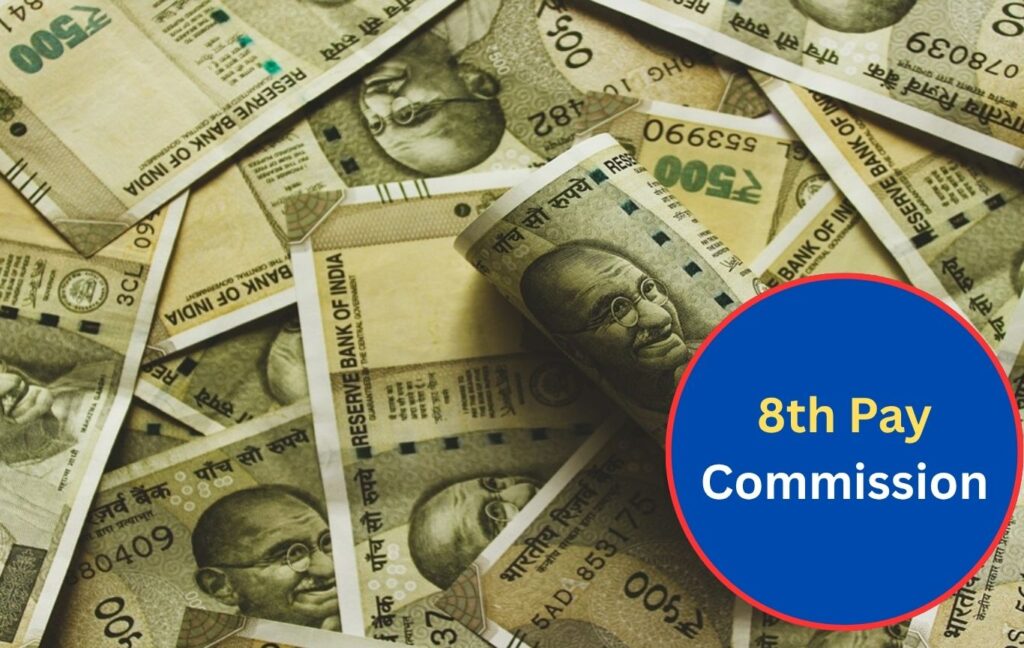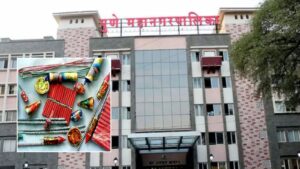8th Pay Commission Likely Delayed: Will Retirees After January 1, 2026, Still Receive Revised Pension Benefits?

8th Pay Commission Likely Delayed: Will Retirees After January 1, 2026, Still Receive Revised Pension Benefits?
The implementation of the much-anticipated 8th Central Pay Commission for over 50 lakh central government employees and nearly 65 lakh pensioners may be delayed beyond the initially expected date of January 1, 2026. However, officials suggest that those retiring after this date could still benefit from the revised pay and pension structures — if the commission’s recommendations are applied retrospectively.
8th Pay Commission: Current Status
Announced in January 2025, the 8th Pay Commission is tasked with revising the salary, pension, and allowance structures for central government staff. As of now, the Terms of Reference (ToR) and official appointments, including the chairperson and panel members, remain pending. Last month, the government moved forward slightly by inviting applications to fill 35 posts on a deputation basis for the commission’s functioning.
Typically, pay commissions are constituted every 10 years. The 7th Pay Commission, effective from January 1, 2016, completes its tenure by December 31, 2025. Given the current pace, experts anticipate a delay in the rollout of the 8th Pay Commission to late 2026 or even early 2027.
Why Is the Implementation Being Delayed?
While no official statement has been released by the Ministry of Finance or the Department of Expenditure, delays are believed to stem from fiscal constraints and the exploration of alternative pay adjustment models. These include the Aykroyd formula and inflation-linked hikes, though neither have replaced the necessity of a comprehensive pay commission.
What Happens to Retirees Post January 1, 2026?
Despite potential delays, government employees retiring on or after January 1, 2026, are likely to receive the benefits of revised pay and pension once the 8th Pay Commission is implemented. This will depend on the government adopting a retrospective effect for the recommendations — a practice followed in previous pay commissions. For instance, the 7th Pay Commission saw arrears paid to beneficiaries for several months before the actual rollout.
Expected Salary and Pension Hikes Under 8th Pay Commission
Although the official figures are yet to be confirmed, early reports and union demands point to a significant salary hike of 40% to 44%. The minimum basic pay could be raised from Rs 18,000 to Rs 26,000.
The fitment factor, a key multiplier for salary revision, is speculated to be around 1.96, though some sources mention 1.92. If true, Level 1 employees could see a monthly salary increase of up to Rs 15,000, significantly improving take-home pay.












